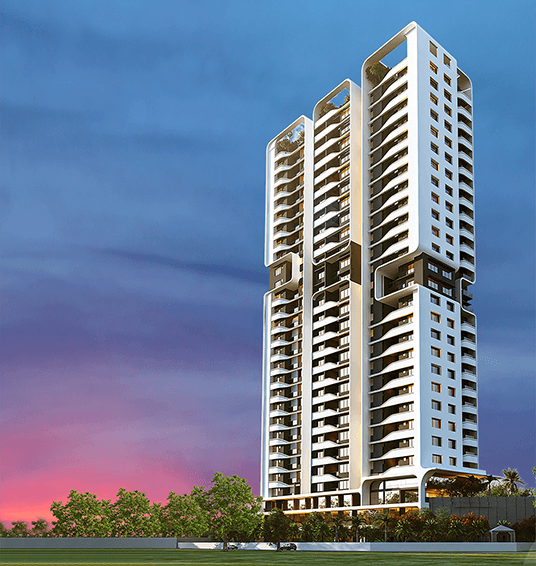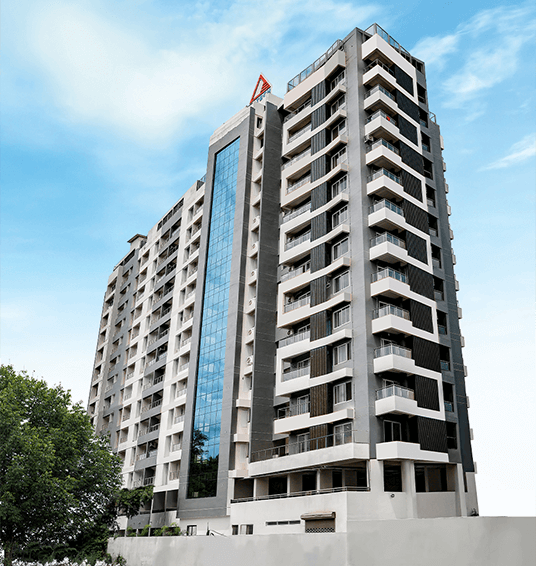
The first part of getting your dream home is exhilarating and you feel like the king of the world. However it’s the second part that really wakes you up and brings you back to earth. Enter the money matters! It is this second step that you really have to be very meticulous about. Most people need to take a loan to enable them purchase their own roof. Don’t go with the first lender that you meet as there are more lenders to choose from as compared to the list of homes you have been through!
When you get quotes for loans from finance houses, look at the eligibility criteria, interest rates, processing fees and any other fee charged by the lender. A ‘no-fee’ loan just means that the fees are included in the rates. Before going in for home shopping, make sure your savings add up to paying for a down payment as well some being left over as an emergency fund. Don’t make any high-end purchases three to six month prior to applying for a home loan and make sure your credit cards are clear.
Contact a good loan specialist who can go through your income, assets and debts to help you determine how much you should put as down payment as well as how much you much you can afford as EMIs. Here are some points to consider before deciding on a lender:
- The loan amount you are likely to get will depend on your monthly income and the value of your property. Usually the loan amounts to about 80-85% of the property value. The loaned amount approved also depends upon your occupation, disposable income as well as the number of dependents you have. A bigger loan amount translates to a smaller down payment but a higher EMI for the long run.
- The rate of interest on the loan is an important factor as it influences the EMI and the total interest paid on the principle amount. So shop around till you get the best rate. You also need to find out if the rates are floating or fixed as the latter rates are 25-100 basis points higher than the floating rate.
- The loaning bank charges processing fees which can be anywhere between 0.25% to 2% of the loan amount. They also set terms and conditions pertaining to prepayment; you have to clarify your own terms too as related to settlement/foreclosing or prepayment before finalizing the deal with a lender.
- Another pointer before finalizing your loaner is to see how often and to what extent your loaning bank changes its interest rates following policy changes by the RBI. If they are into cutting rates in accordance with repo cut, then it’s better to opt for such a bank as you can expect a fair deal from them.
- Banks usually take 3-5 working days before sanctioning and disbursing loans, provided all documents are in order. So choose a bank that displays an efficient system as well as good after-sales services such as regular account statements and interest certificates.
Once you have applied the following pointers on your list of potential loaners, choose the bank that’s best suited to your needs. And have a happy home and loan!












